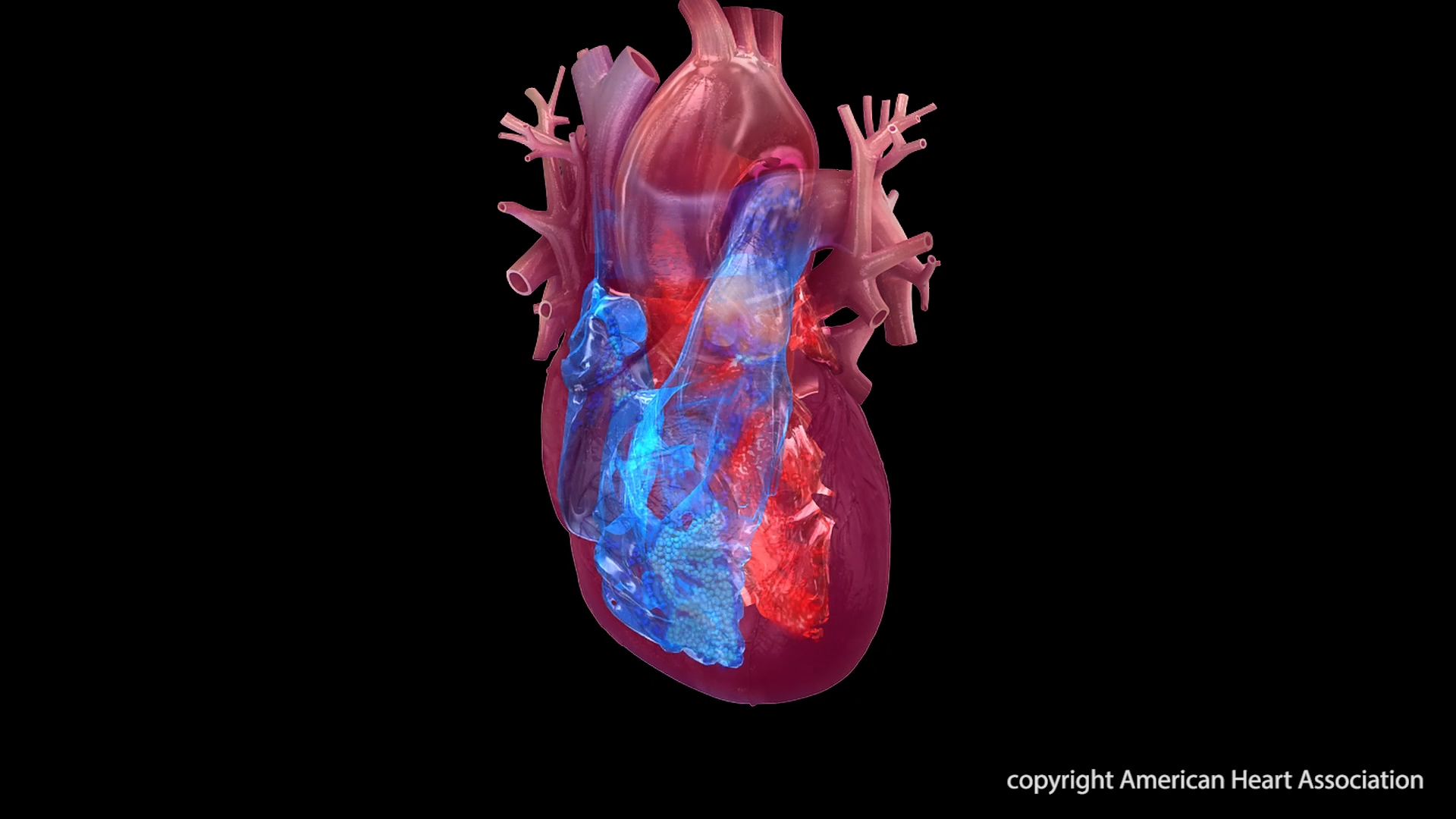FAQ: Viral Infections and Cardiovascular Disease Risk

Summary
Acute viral infections like influenza and COVID-19 significantly increase short-term risk of heart attacks and strokes, while chronic infections such as HIV and hepatitis C elevate long-term cardiovascular disease risk. Preventive measures including vaccination may help reduce these risks, especially for people with existing heart conditions.
What is the main finding of this research?
The research found that both acute viral infections like influenza and COVID-19, as well as chronic infections like HIV and hepatitis C, significantly increase the risk of cardiovascular events including heart attacks and strokes.
How much does the risk increase after influenza infection?
People are 4 times as likely to have a heart attack and 5 times more likely to have a stroke in the month after laboratory-confirmed influenza infection.
How long does the increased cardiovascular risk last after COVID infection?
The risk remains elevated for up to a year following COVID infection, with people being 3 times more likely to have a heart attack and 3 times as likely to have a stroke in the 14 weeks following infection.
Why do viral infections increase cardiovascular risk?
The immune system’s response to viral infections triggers inflammation and promotes blood clotting, both of which can reduce heart function and contribute to plaque formation and rupture in arteries, leading to heart attacks and strokes.
Which chronic viral infections increase long-term cardiovascular risk?
Chronic infections including HIV, hepatitis C, and varicella zoster virus (which causes shingles) can lead to long-term elevations in the risk of cardiovascular events.
What preventive measures are recommended to reduce this risk?
The researchers suggest that preventive measures, including vaccination, may play an important role in reducing the risk of heart attacks and strokes, especially in people who already have heart disease or heart disease risk factors.
How was this research conducted?
Researchers systematically reviewed 155 high-quality studies from more than 52,000 publications, allowing for meta-analysis of combined data on the association between viral infections and cardiovascular disease risk.
Who is most at risk from these viral infection-related cardiovascular effects?
People who already have heart disease or heart disease risk factors may be particularly vulnerable to the increased cardiovascular risks associated with viral infections.
Where was this research published?
The research was published in the Journal of the American Heart Association, an open access, peer-reviewed journal of the American Heart Association.
How does inflammation contribute to cardiovascular disease?
Inflammation plays a key role in the development and progression of cardiovascular disease by contributing to the formation and rupture of plaques in arteries, which can lead to heart attacks and strokes.

This story is based on an article that was registered on the blockchain. The original source content used for this article is located at NewMediaWire
Article Control ID: 268351